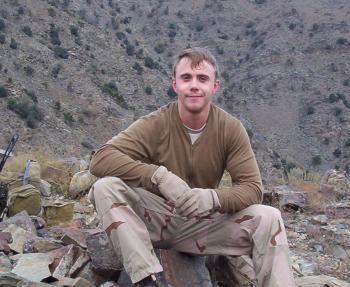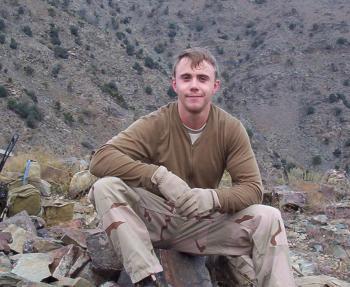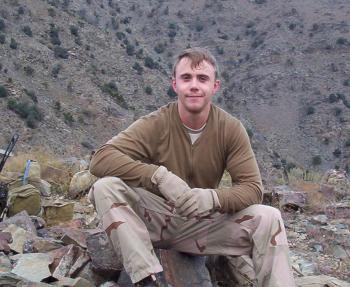Medal of Honor Bestowed on Green Beret by President Obama
After giving his life to save more than 20 troops, Robert J. Miller became the second Army recipient of the Medal of Honor in Afghanistan.

U.S. Army Staff Sgt. Robert James Miller was killed by Taliban insurgents Jan. 25, while protecting his Operational Detachment Alpha teammates during combat operations near the village of Barikowt, Nari District, Konar Province, Afghanistan. Combined Joint Special Operations Task Force - Afghanistan. Photo by U.S. Army Staff Sgt. Corey Dennis
|Updated:






